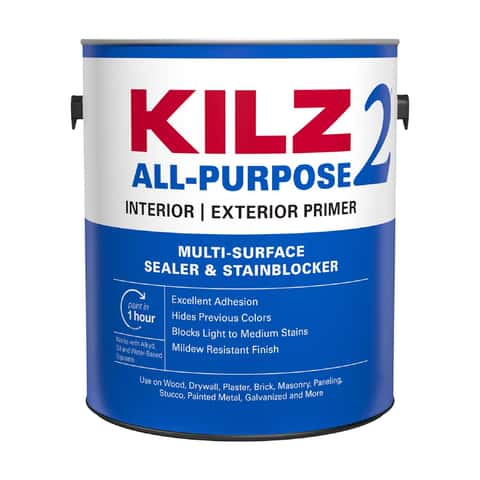Nicotine Without the Mess: How to Enjoy Without Stains or Smells
Many have liked tobacco for its energizing qualities, but the conventional ways of ingesting it can have negative consequences, including stains and persistent odors. Whether from consuming or other types of smoking, these annoyances might detract from the enjoyment of the experience. VELO is perfect for people looking for a quieter and cleaner way to consume nicotine. This creative solution lets users use nicotine without concern for the mess, spots, or bad smells usually connected with conventional use.
An Introduction to Clean Nicotine Options
Users of conventional tobacco products such as weed and smokeless cigars often find a variety of messes they would rather avoid. Cigarette butts, ashes, and garment stains can all be bothersome and unattractive. By providing a cleaner approach to consuming nicotine, smokeless substitutes have transformed the game. Unlike smoking, these items don’t need ashtrays or leave any residual smell. They are ideal for people who wish to experience nicotine without the hassle and with little interruption to their everyday schedule.
Why Choose Smokeless Nicotine?
As people more and more seek methods to experience nicotine without the conventional disadvantages, the attraction of smokeless nicotine alternatives is becoming more clear. Smokeless nicotine packets, for instance, are smoke, tar, and ash-free. It lets people enjoy their nicotine dose without concern for stains on their hands, mouth, or clothes by providing a straightforward and clean option. Whether at home or during socializing, these inconspicuous pouches can be used in many different environments without anybody noticing the clutter that usually follows nicotine usage.
Advantages of Using Nicotine Pouches
Their simplicity and cleanliness have made nicotine packets increasingly popular. Unlike regular cigarettes or nicotine-free tobacco, these pouches don’t call for any spitting or too much handling. Once in the mouth, they provide a clean nicotine experience. There is no need for an ashtray or lighter; users can take them around conveniently. VELO allows people to experience nicotine on the go without having to look for a location to throw away garbage or cope with the undesirable smell that may remain after using tobacco products.
Nicotine need not accompany the mess or lasting scent. Smokeless alternatives let consumers enjoy nicotine in a clean, typical way that easily fits into their lives. These items provide a straightforward and efficient manner to consume nicotine free from concerns about stains, odors, or undesired clutter.
















